Don’t take the ‘write’ out of Read Write Inc. Phonics

Read Write Inc. Phonics was created to teach reading and writing together, where every reading activity supports the next, every writing activity builds upon the one before, and mastering handwriting, spelling and composing flows naturally from phonics lessons. Keep the ‘write’ firmly in Read Write Inc. Phonics.
Headteachers who book Development Days are ahead of the game

Ruth Miskin praises headteachers who prioritise termly Read Write Inc. Development Days, bringing in expert trainers to coach reading leaders, refresh staff skills, review pupil progress, and embed the latest phonics best practice, ensuring their schools stay ahead and every child makes rapid reading progress.
Guest Blog: Speech sounds – when to be concerned
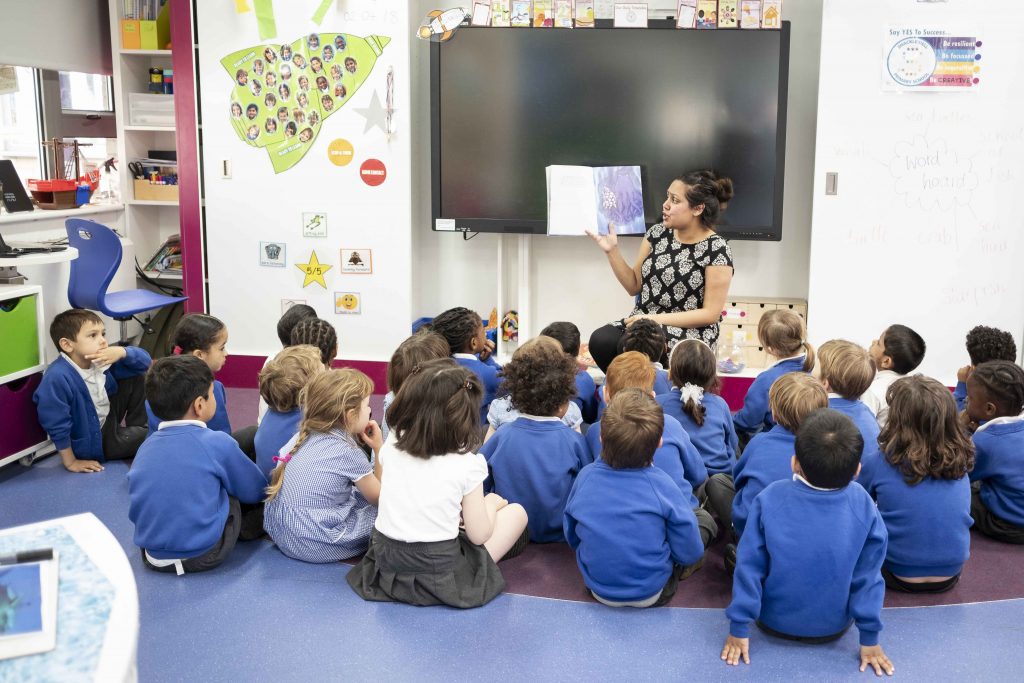
Speech development is a complex journey. While minor omissions and mispronunciations are part of the process, persistent difficulty articulating multiple age-expected sounds may warrant a hearing test or referral to speech and language therapy
Show parents what Reception children can do
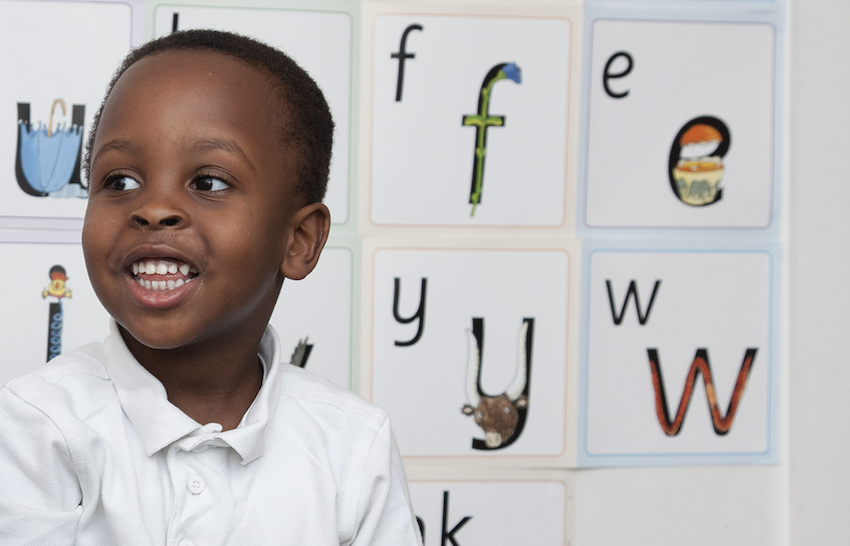
Give parents a front-row seat to Reception learning—weekly assemblies where children read aloud, play Fred Talk, and share new sounds, inspiring families to join the phonics journey at home.
Don’t confuse grouping with setting
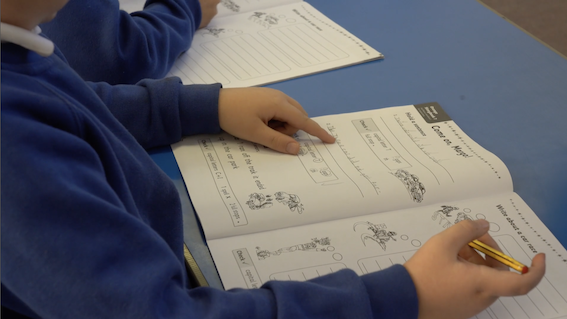
Ruth Miskin explains that grouping children by incremental phonics stages, not by age, is the key to keeping everyone confident: it lets teachers teach at the right level, spot who’s ready to move on, and support those who need it, so no child is ever left behind.
Wired to thrive on repetition
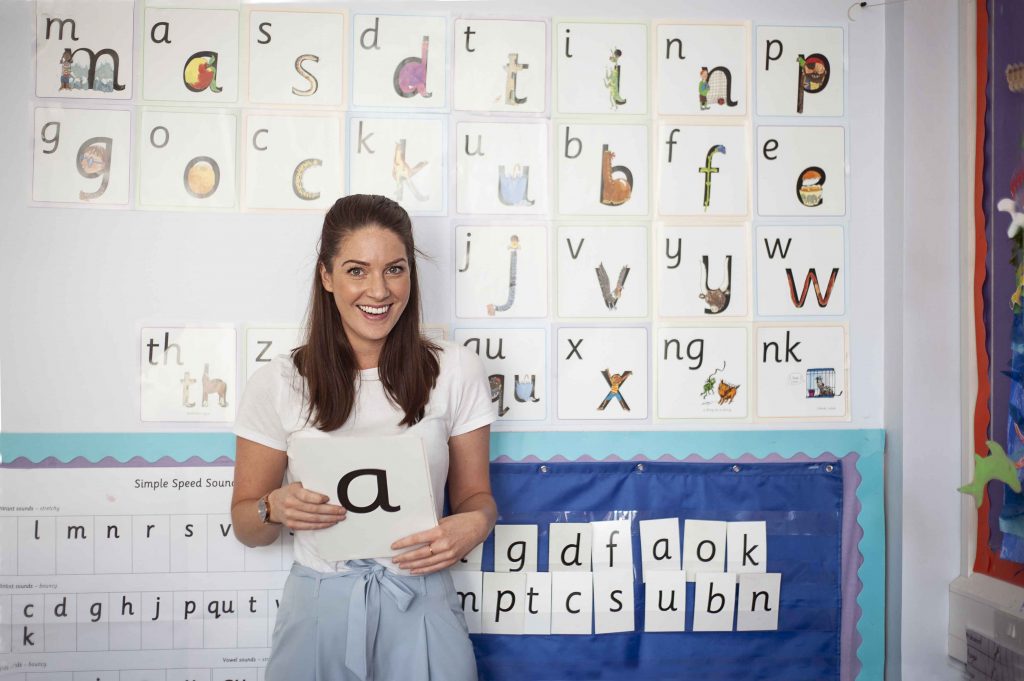
Young children are wired to thrive on repetition—they beg for their favourite stories and poems. The more you read it, the more they love it. They copy your emphases, silly voices, crazy actions. You won’t have to beg them to read at home, they’ll beg to borrow the book.
‘Again, again!’ Why reading to your child every day is a predictor of later reading comprehension

Reading the same story to your child every day isn’t just comforting—it’s a powerful predictor of their future reading success. By making books a daily ritual, you’re building their vocabulary, comprehension, and love of reading.
Recycle your carpets – 6 good reasons to disband ‘carpet’ areas in Key Stage 2
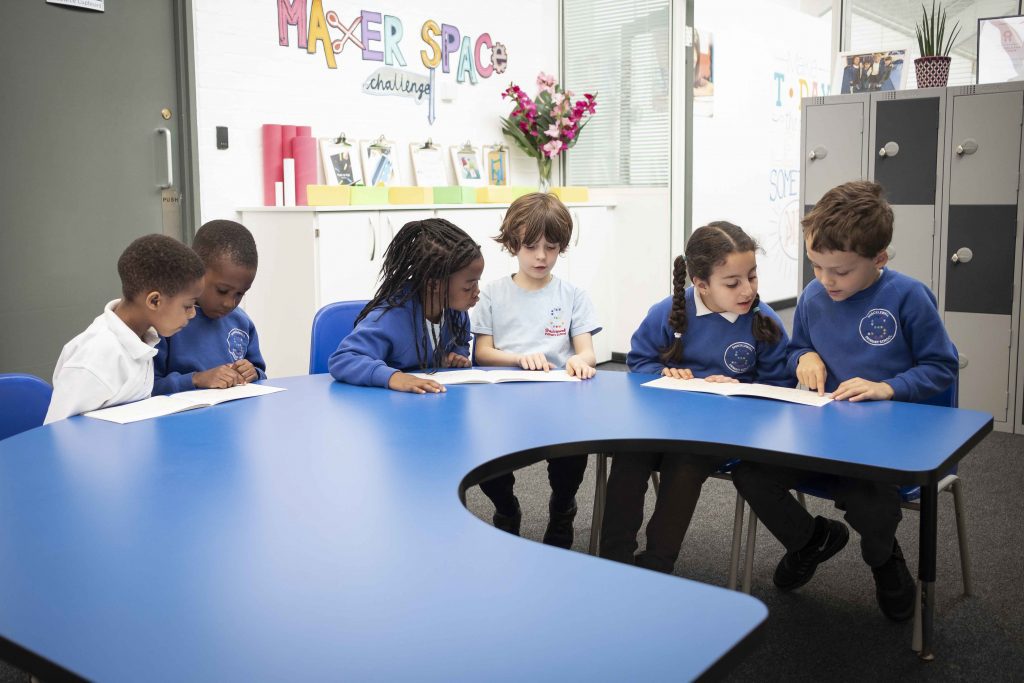
By Year 3, it’s time to rethink carpet time: it can promote poor discussion, disrupt teaching, limit writing opportunities, waste time, and contribute to poor posture.
Teaching Comprehension Strategies Alert
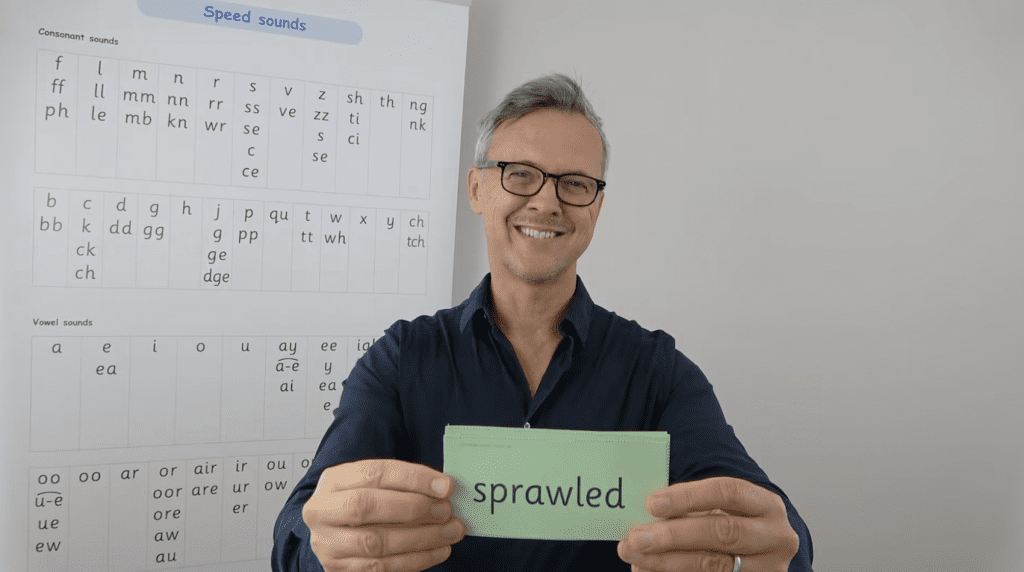
‘Comprehension strategies’, like making inferences, using graphic organisers, or predicting, don’t reliably boost progress in young readers; instead, building a wide reading habit and strong vocabulary is the only dependable path to true comprehension.
Some joined up thinking about dyslexic children and joined up writing

Ruth Miskin challenges the assumption that cursive writing benefits struggling readers, highlighting how joining letters early can be harder for children (especially boys), makes writing illegible, steals time from teaching reading, and overwhelms their cognitive capacity; instead, she urges teaching clear print first, with daily practice, before introducing joins once writing is automatic.
